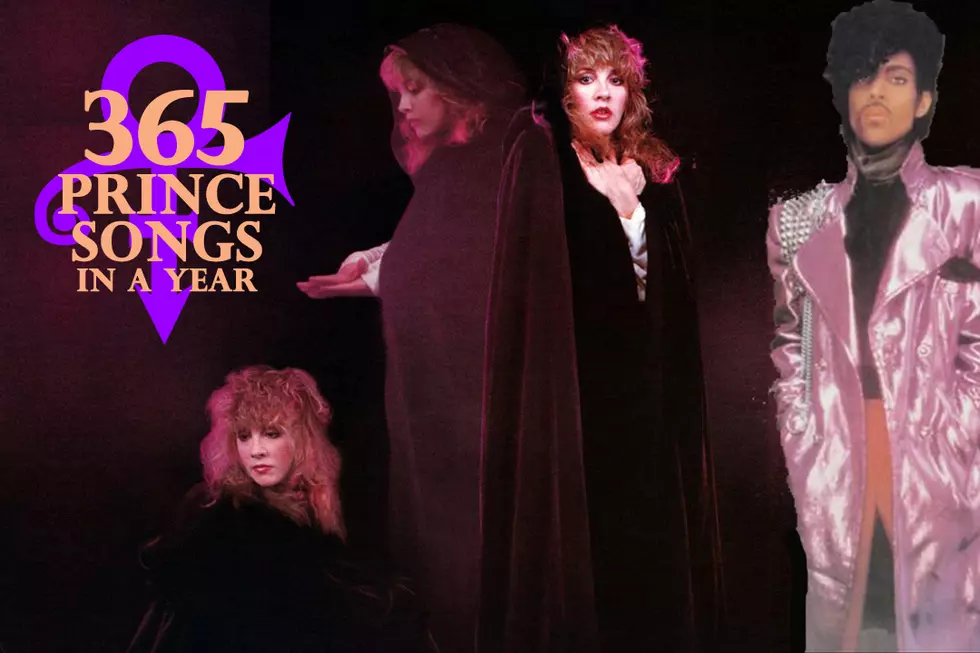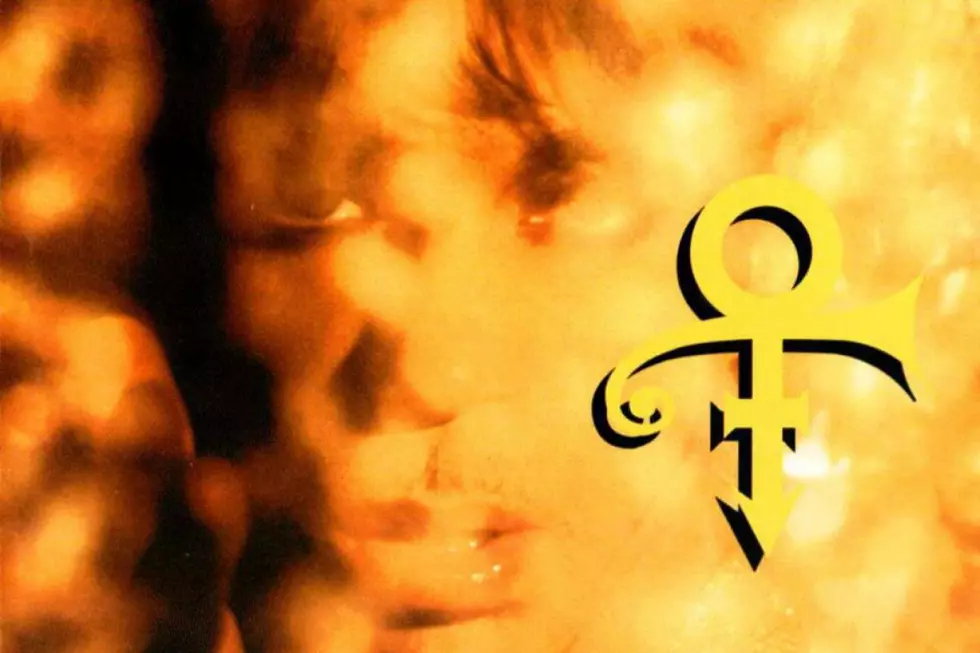Prince Battles the Press in ‘Billy Jack Bitch': 365 Prince Songs in a Year
To celebrate the incredibly prolific, influential and diverse body of work left behind by Prince, we will be exploring a different song of his each day for an entire year with the series 365 Prince Songs in a Year.
In October of 1993, Prince wasn't feeling particularly forgiving.
As the musical pride of Minneapolis, the famously private musician was accustomed to the press fawning over — and literally, following — his every move. He learned to fend them off, and shrug off the fallout. But some of the local media's less frequent criticisms seemed to have stung.
That's when, at his Paisley Park Studio, he recorded "Billy Jack Bitch," for The Gold Experience, his 17th album. It was released nearly two years later, in September 1995. Though he denied it, the track seemed directly aimed at Minneapolis gossip columnist, Cheryl Johnson, or CJ, as she's better known - he even slyly inserts her initials into the song (at the 3:20 mark above.)
Working in his hometown, naturally Johnson followed Prince's career closely, and occasionally hurled barbs his way. He didn't mince words when he sang "What if I called you silly names / Just like the ones that you call me / What if I filled your eyes with tears / So many that you cannot see."
The song's chorus features horns from the then unreleased track by one of Prince's numerous in-house bands, the Hornheads' "New Dell Inn," and uncredited background vocals by his buddy (and musical debate partner) Lenny Kravitz. Prince asks, "Billy Jack Bitch, do you ever really cry? / Billy Jack Bitch, do you ever really try? / Billy Jack Bitch, do you ever wonder why?"
For her part, CJ, who had nicknamed Prince "Symbolina," had been happy to claim credit as the inspiration for the song as what he called his "biggest enemy." In a column written just after Prince's death, she wrote in her Minneapolis Star Tribune column, "It is my favorite Prince song, although lyrically not nearly as poetic as some of his best. The beat, however, is killer."
"No, as I have told those who ask, it did not bother me to be on the other end of this name-calling. I fared much better than 'Darling, Nikki,'" she continued. "And how interesting is it that I was [an] irritating inspiration to Prince?"
But Prince wasn't nearly as amused. In the song's third verse, he holds nothing back. "What distortion could you let your pen forget today / What misfortune left your heart so broken you only say / Words intended to belittle or dismay / What if I say you lie?"
The two had a long history, which led to her being asked to leave one of his shows. During a meeting in 1997, she reported, Prince told her he dreamed the two of them would work together. Of course, this never came to fruition.
Unsurprisingly, this wasn't Prince's first swipe against the press. He previously took a shot at the critics on "Daddy Pop," a track from 1991's Diamonds and Pearls, the album that introduced the New Power Generation. And on his classic album 1999, he lamented their fickle nature on "All the Critics Love You in New York," singing, "You can dance if you want to / All the critics love you in New York / You don't have to keep the beat / They'll still think it's neat in New York" but later changed his tune to "It's time for a new direction / It's time for jazz to die / Fourth day of November / We need a purple high."
Prince Albums Ranked From Worst to Best
More From Diffuser.fm









